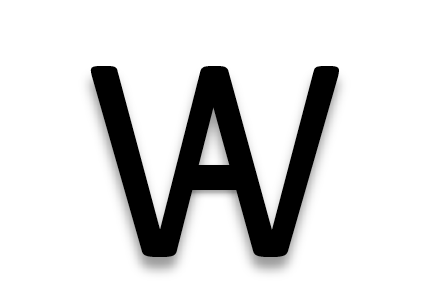An Introduction
Something that’s been coming difficult recently is the motivation to actually write up my dissertation. I know there are folks out there who are interested in reading more of my writing, but the most difficult person to motivate is yourself.
I went down the hill yesterday to get an oil change and to think. When I was last adrift like this, my solution was to publish a scheduled blog twice a week (Tuesdays critical theory, Thursdays movie reviews.) The posts were not really polished (which is why you, dear reader, can’t see them) but they provided me a reason to write.
Since I’m going to be writing this dissertation well into the next calendar year, I’ve decided that I’ll be posting short pieces of my writing on this page as a sort of strange proof of work. These Excerpts won’t necessarily be what you see in my final dissertation. In fact, out of context they may not even make any sense to the reader.
But they’ll be something that I can use to motivate myself to write at least something each week. Bit by bit, this work WILL be done. Here begins the Excerpts Project.
…This project is about the hope that we need to make it through a time where it is possible (and perhaps grimly rational) to be hopeless. Over the course of this project, I have wrestled with how exactly to define what ‘hope’ is. Perhaps the most recognized definition in the humanities comes from philosopher Ernst Bloch, a Marxist philosopher who wrote about the need for dreaming of a better world in the wake of World War II. To Bloch, hope was a necessary counterpoint to the fear that fascism and genocide brought into the world, a learned (and teachable) force that animates everyday life and “makes people broad instead of confining them… The work of this emotion requires people who throw themselves actively into what is becoming, to which they themselves belong” (p. 3). While this definition is useful to build off of in some ways, I find myself also drawn to a more plain answer from labor historian and documentarian Studs Terkel. Terkel made a career out of speaking to everyday people and publishing their words nearly verbatim, including his final book-length interview project at the turn of the 21st century entitled Hope Dies Last. “As we enter the new millennium,” wrote Terkel, “hope appears to be an American attribute that has vanished for many, no matter what their class or condition in life… Passivity, in the face of such a bold, unabashed show of power from above, appears to be the order of the day. But it ain’t necessarily so” (p. xv). As we watch digital technology and the oligarchic organizations that appear to direct its development play a larger and more integrated part in our lives, it can be hard for anyone to maintain a vision of the future where everyday Americans are anything but passive consumers of our technology; but it ain’t necessarily so.
Hope is a tool we can use to make it through these times. It is in its own way a technology of the everyday designed to intake the dominating forces in this world and output a path to resistance. Hope is born from the organic matter of our daily lives, and is not a product of industry. I would also argue that cultural studies is uniquely equipped to study hope in an era of moving fast, and breaking things because of the imperative to slow down, and look for details and patterns. To study the digital everyday, I intend to close an eye on accelerating digital infrastructures and open a hopeful eye toward the wonders of our everyday resilience.
